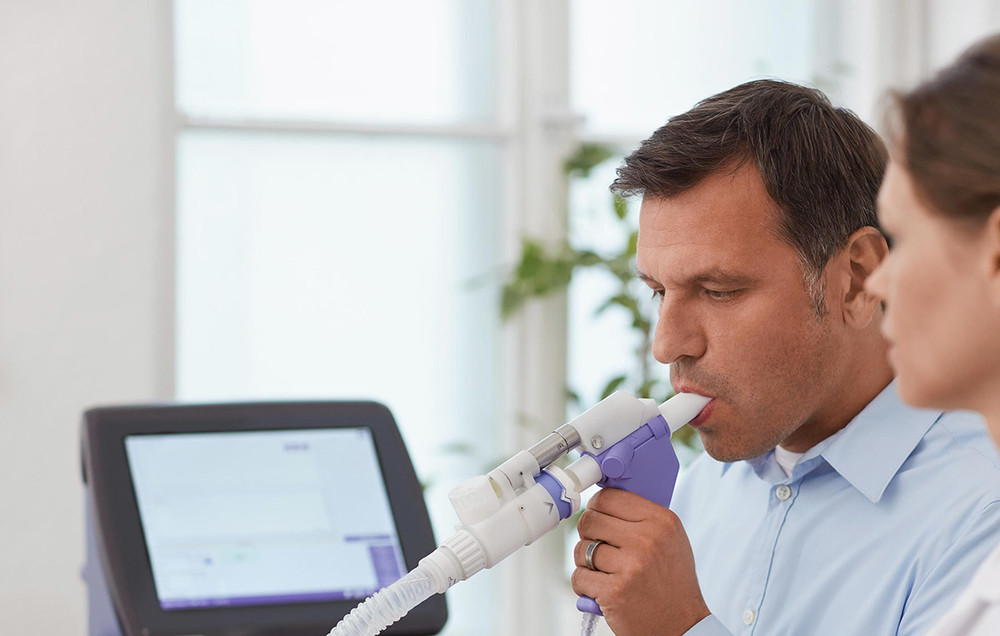Pulmonary function is the process of taking oxygen and giving out carbon dioxide performed by the lungs. A PFT, an abbreviation for Pulmonary Function Test, is the evaluation of a patient’s respiratory system. This test checks a patient’s respiratory system functions and identifies if they are poorly functioning.
Poor pulmonary function affects the lungs and respiratory system, causing asthma and lung diseases. Some common symptoms are coughing, wheezing, and chest pain. If you experience any of these symptoms, it is wise to contact our specialist at Bridgewater pulmonary function test for accurate diagnosis and appropriate treatment.
Symptoms to test pulmonary function
- Cough produces mucus
- Noticing blood while coughing
- Chest pain
- Fatigue
- Difficulty in breathing
- Wheezing
- Reduced exercise tolerance
Causes of pulmonary function
A pulmonary function can be affected depending on the individual’s condition. The various causes of pulmonary function are:
- Environmental exposures
- Exposure to air pollution can affect your pulmonary function.
- Smoking cigarettes or taking tobacco is the major cause of poor pulmonary function.
- Aging
- Pulmonary function declines naturally with age.
- Lung capacity and respiratory capacity become less efficient as people get older.
- Allergies
- Some allergic reaction also affects your respiratory system.
- The allergic reaction involves symptoms like coughing, wheezing, and difficulty in breathing.
- Lung disease
- Lung cancer can grow if you have some infections in the lungs.
- Bacteria and viruses can also affect the lungs, causing pneumonia.
- Genetics
- Sometimes, individuals inherit lung diseases from family members.
- One of the major inherited diseases which affects pulmonary function is asthma.
How to treat poor pulmonary function?
Treatment of pulmonary function depends on the specific condition or the disease affecting the lungs. Your doctor may ask you for your details to perform a test, which includes your age, height, weight, and sex. Here are some points to treat a pulmonary function:
- Quitting smoking is the best way to keep your lungs healthy. It also reduces the risk of lung cancer.
- If you have low oxygen levels, you may need supplements to increase them.
- Improve shortness of breath by doing breathing exercises such as pursued-lip breathing and diaphragmatic breathing as instructed by your doctor.
- Influenza and pneumonia vaccinations can help to reduce the chances of lung infections.
- In some severe cases, surgery can be necessary to enhance pulmonary function.
- Change your lifestyle to maintain a healthy schedule, perform regular exercise, maintain a balanced diet, which can improve overall lung function.
Additional tips to improve pulmonary function are:
- Get vaccinated to prevent infections from bacteria, viruses, and fungi
- Reduce stress as it may worsen your asthma
- Sleep on time
If you notice yourself constantly coughing or wheezing, set up an appointment with a professional today to get checked!















Leave a Reply